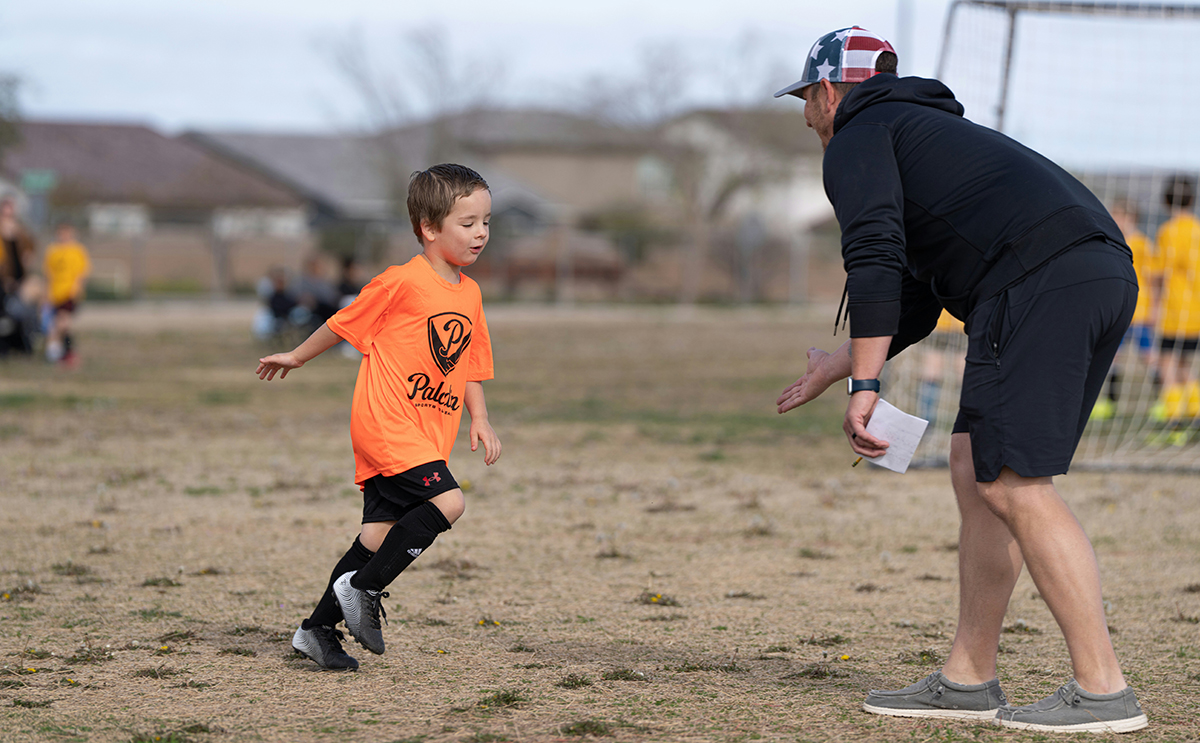Recent psychology grad Emma Trost '25, who also competed as a member of the Yellow Jacket women's tennis team, explores the impact of positive psychology on athletic performance, offering advice for coaches and athletes at all ages and stages.

How much of athletic performance is mental? As a student-athlete in my final collegiate season, I experienced the mental challenges firsthand. I'm also a recent psychology graduate from Baldwin Wallace University, where I took a course in positive psychology.
In class, we didn't just study positive psychology; we practiced it. Some of the activities teach skills that can greatly benefit athletes: reframing negative outcomes, building resilience and appreciating your sport. Coaches can utilize positive psychology to enhance the performance and overall well-being of athletes.
As an athlete, I know losses can trigger a black-and-white view of performance: if you lose, you performed poorly, if you won, you performed well. This idea is documented in a Peak Performance Sports video titled "Perfectionist Athletes and All or None Thinking."
To combat this mindset, I suggest a practice from class called a "Gratitude Wall" — daily notes of gratitude displayed on the wall. Even on tough days, we can find something we are grateful for. This shifts our perspective, a concept called "positive reframing."
Now, imagine this display of gratitude in a locker room. Athletes need to learn that loss isn't failure — it's a learning opportunity. Daily gratitude helps them learn how to find positives in setbacks, reframing them into growth. To quote my old coach, "There's no such thing as winners and losers, only winners and learners."
Imagine losing the first set of a tennis match 0-6. Could you bounce back and win the next two consecutive sets to win the match? Athletes must push through with grit when things go sideways. But being comfortable with discomfort isn't natural.
In my BW class, we tackled this by taking the VIA Character Strengths Survey. It ranks your 24 strengths, revealing your top strengths and also your "lesser strengths." We challenged ourselves to commit 30 minutes weekly to activities that engaged our lesser strengths.
It's uncomfortable, anxiety-inducing and you might want to quit. But that's the point. Coaches, challenge your athletes to this: 30 minutes a week. It's a small way to practice being uncomfortable, building mental toughness and resilience. Then, losing that first set won't break them; they'll have the resilience to fight back and win.

For many athletes, their sport is their whole life and identity. So then, why do so many of them quit? The answer is often a loss of passion, otherwise known as "burnout." USA Today reported in 2020 that "70% of kids drop out of youth sports by age 13."
To tackle this, I propose an activity from class called "savoring" — consciously appreciating the present. It's a practice advocated by academic researchers Dr. Eleanor Su-Keene and Dr. David Matthews. The skill of savoring takes practice, so start small: a Hershey's Kiss. Unwrap it, feel it melt, taste it. That's savoring. Then, savor a joyful moment, staying present, knowing you'll remember it.
How could this help athletes? Show them what savoring feels like and then teach them to savor practices and competitions. By savoring the experience of their sport, athletes maintain passion, combating burnout. Too often, athletes quickly move from one event to the next, never truly enjoying the moment.
Coaches, add these positive psychology practices to training. Mental toughness, positive reframing, and savoring aren't innate; teach them through simple activities, giving athletes a foundation to continue developing these skills.
Athletic success demands mental work, as much as physical.
Emma Trost's thoughts on "reframing the game" first appeared on cleveland.com. This fall, Trost begins graduate studies in counselor education and school counseling at The Ohio State University.